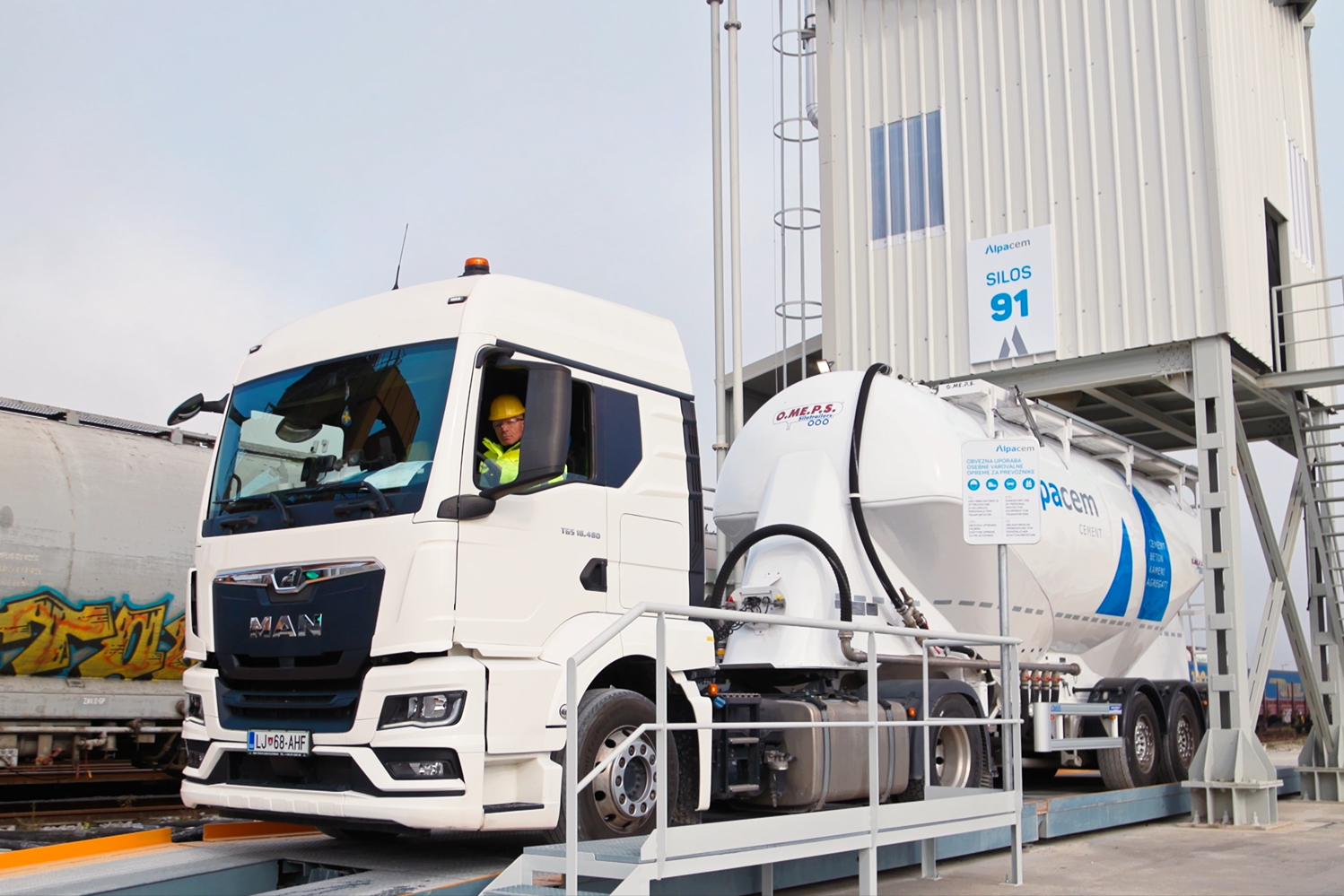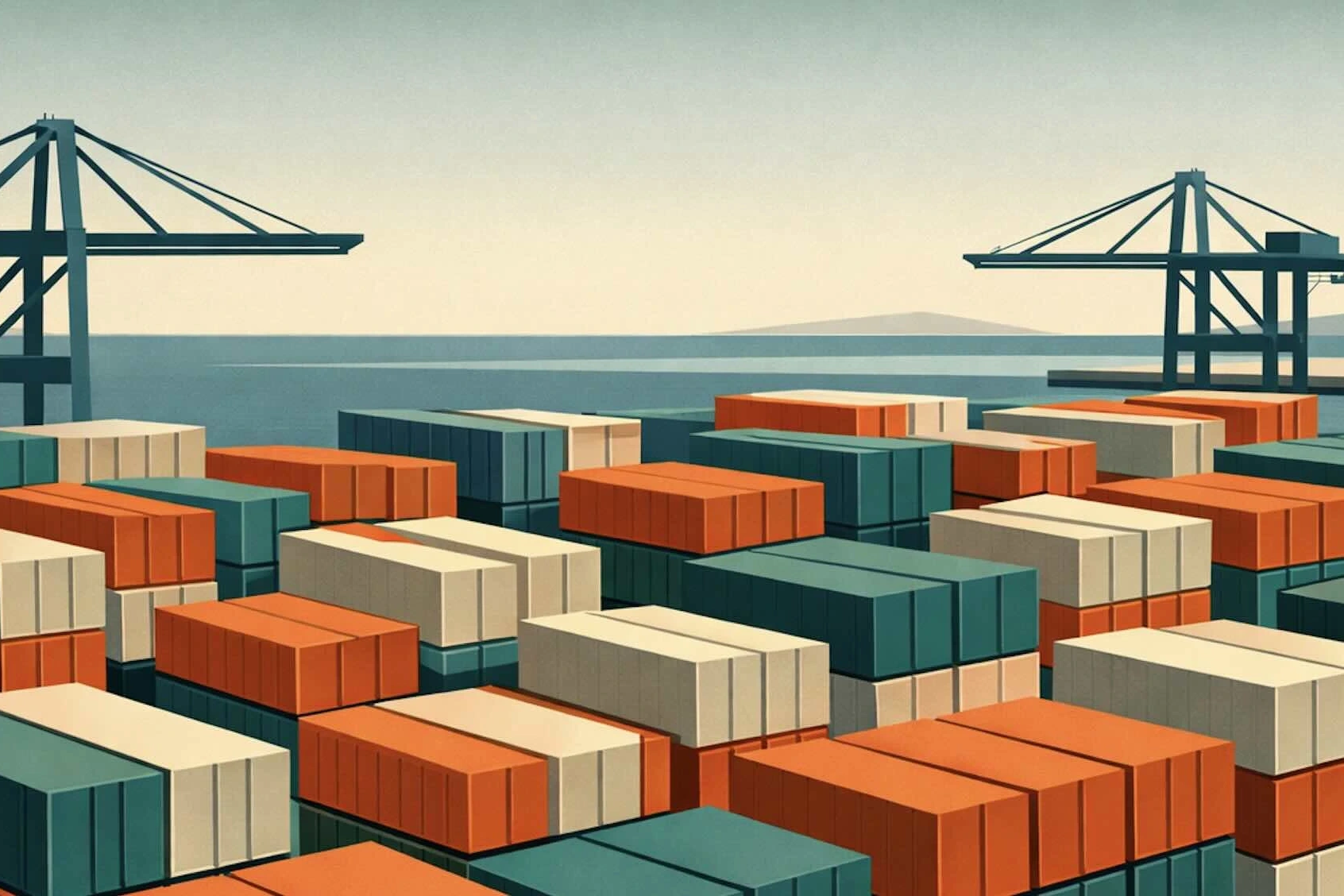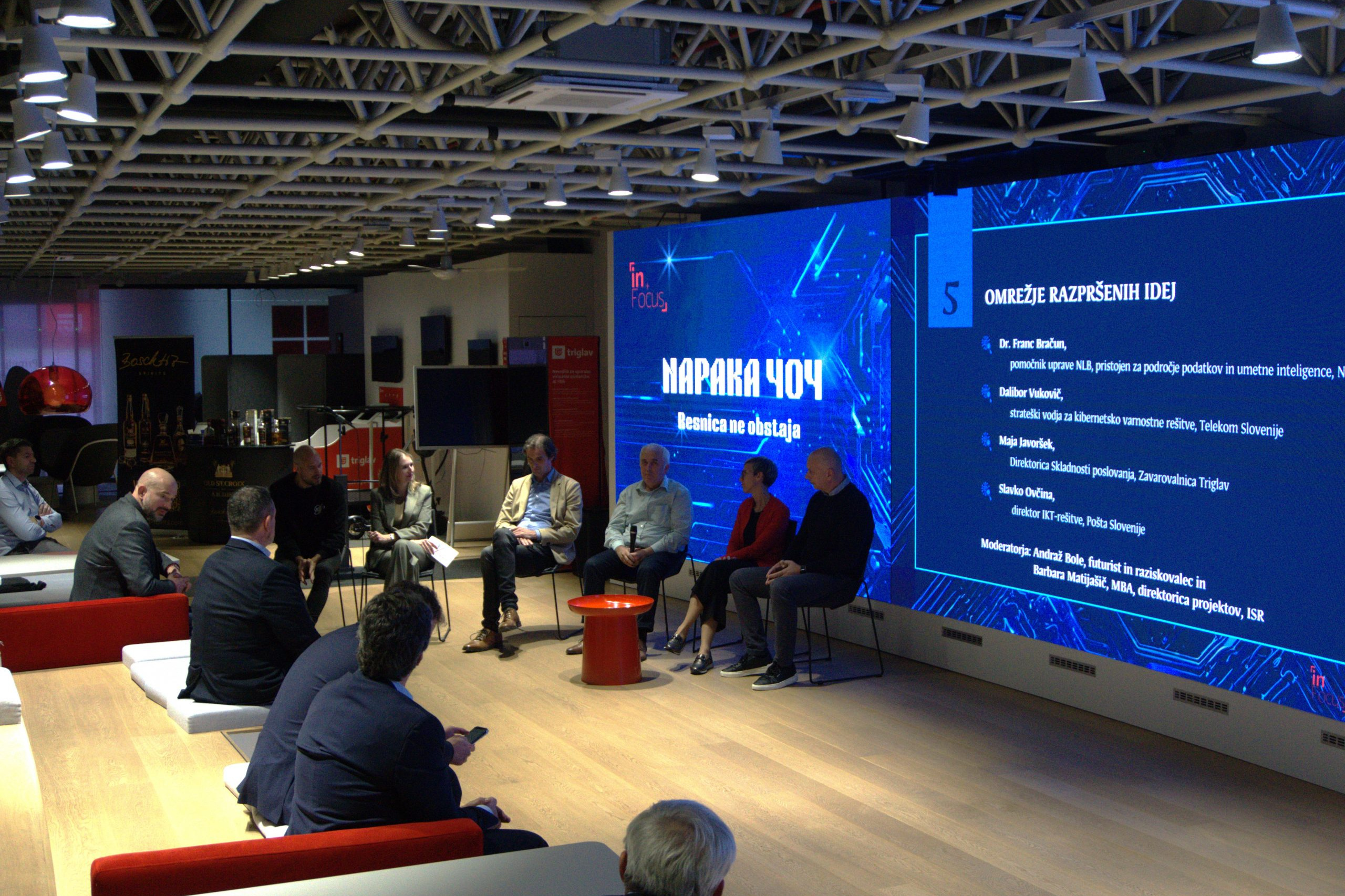Keeping an Eye on Digital Future
Maja Dragović
JOURNALIST AT THE ADRIATIC
Vlastimir Vuković, who took over the management Komercijalna Banka, member of the NLB Group, last February, rates relations between Slovenia and Serbia at an all-time high but wider regional cooperation is still lagging behind. He sees NLB Group as the pillar for regional growth, with the financing giant keeping an eye on the future with its latest venture of establishing its own IT Competence Centre in Belgrade.
Economic relations between Serbia and Slovenia are at its park, says Komercijalna Banka’s President of the Executive Board and, to back up the claim, he points to the trade between the two countries 10 years ago which stood at less than EUR 600m. In 2020, this figure doubled to EUR 1.2bn. And it continued to increase even this year, despite the pandemic, Vuković states.
“Up until the end of October in 2021 the trade between the two countries stands at almost EUR 1bn, an increase on the previous year of 1.4%.”
Slovenia’s position in Serbia remains high as it is among the top 10 leading foreign investors in the country. The figures, indeed, are impressive: approximately 400 Slovenian companies have invested in Serbia, there are around 1,400 Slovenian companies in the country that employ 15,000 people. On the other hand, Serbian investors in Slovenia are also increasing. There are currently around 2,000 companies with Serbian ownership, either through entities or private ownership.
Slovenia’s strongest presence is in the financial sector: two insurance companies operating on the Serbian market – Triglav and Sava – are Slovenian owned.
And then there are NLB Banka Beograd and Komercijalna Banka. The two are in the process of integration which is due to be finalised by the end of April 2022. Once this is completed, the two will become one of the leading banks in Serbia under the new name NLB Komercijalna banka, Vuković remarks.
“This is very important for the cooperation in general between the two countries: from the trade perspective, traveling between the two countries, and the cooperation between the people, economy, finance and government.”
ORGANIC THINKING
Apart from finance, cooperation is quite strong in the ICT sector, too, especially with both Serbia and Slovenia putting a lot of focus on this industry and Vuković believes this will only increase.
Food and food processing are also closely linked to both countries, especially the organic production. NLB itself is committed to helping the sector.
“I’m very proud that NLB Banka Beograd and Komercijalna Banka had recently organised a competition for the organic food producers called NLB Organic,” says Vuković. “And this is a 10-year tradition now. We are promoting and rewarding people who are producing food organically. And we think this sends a very important message”.
Indeed, NLB Group’s commitment to sustainability goes much fur- ther: in Slovenia for example, NLB is the first bank to sign the global UN Principles for Responsible Banking.
“When approving funding requests, we tend to encourage the develop- ment of ESG projects and discour
age those who do not operate in accordance with the rules of sus- tainable development and circular economy”; says Vuković. “And this is as important a statement as it is to promote green energy and other aspects of sustainability.”
NLB Group is also recognising the importance of small and medium- sized enterprises (SMEs), helping them to grow their business by providing services, knowledge and advice, and with the #FrameOf Help project also paying for them to promote their products in the media. Such companies are crucial for both Serbia and Slovenia, observes Vuković, as SMEs “are the motor ofeconomies in both countries.”
JOINT REGIONAL COOPERATION
Though trade and personal relations between Serbia and Slovenia are at an all-time high, both countries would benefit even more if broader regional cooperation improves, notes Komercijalna Banka’s President of the Executive Board.
Vuković sees great opportunity in “a joint regional presentation of the products and services, mainly in Europe, but also in the rest of the world”, arguing that one regional brand – like the Scandinavian model – on the European and global market would be stronger than numerous fragmented regional brands.
“When you see the Scandinavian trademark, you know that this is something which has been made with quality. We need to do something in that respect to have a trademark for this part of Europe. I see the cooperation possibilities across different sectors, such as food or energy. For example, we are producing food in Serbia, but we also need to process this to the market and place it in other regions. And if you cooperate on this with the EU partner like Slovenia, then you could easily approach the global market. With this kind of cooperation, I think we will do better.”
There is also a huge potential for cooperation in ICT industry, Vuković adds.
“I think this is one of the most important industries today in the world because each and every company needs to have an IT application, and everything is digitalized. So, in this respect we need to invest more, and in human capacity, too.”
Digitalisation will also aid businesses by helping to reduce bureaucracy and lengthy administration procedures in relation to border crossings in the region where there are a lot of borders.
“(The trucks) are waiting for days to enter or exit a country (in the region),” notes Vuković, which is also delaying the supply chain, he adds, citing chip shortages.
“If you want to buy a brand new car today in Serbia, you need to wait from six months to one year. This is the result of this crisis. So, in that respect, if we cooperate with the neighbouring countries, we could easily shorten the supply chain, rather than depend on distant countries. This is what has changed, I think, in reality in Serbia, the region and all over Europe.”
In that respect, he argues, Open Balkans initiative would help remove border crossing delays, but, he adds, “I think that with digitalisation we will not have the borders like we had in the past.”
NLB Group itself, he says, is “fully dedicated to easing the cooperation between companies in the region.”
The banking Group is a “very important pillar for cooperation because we are eight banks in the region and we are, in a way, a factor that connects economy and the people in the region. If, for example, you have a current account in one of the NLB banks in the region, everything is much easier: money transfers, favourable conditions, and you could also be connected with the people who are importing or exporting things.”
If you want to buy a brand new car today in Serbia, you need to wait from six months to one year. This is the result of this crisis. So, in that respect, if we cooperate with the neighbouring countries, we could easily shorten the supply chain, rather than depend on distant countries. Photo: Komercijalna banka
NLB GROUP COMPETENCE CENTRE
With the future very much dependent on investments in digitalisation, NLB is ensuring it remains competitive by setting up its own IT Group Competence Centre in Belgrade to develop digital applications for the Group.
“In terms of legislation for IT industry, Serbia is one of the most developed countries in the region and even in Europe”, Vuković explains the choice for the Centre’s location.
“It means that it’s very open for IT industry and IT experts, and we have very good examples of successful companies in Serbia that developed software and applications for companies all over the world.”
The other reasoning is that Belgrade is establishing itself as a regional IT hub, creating a good environment to attract IT talent.
“Today it’s very difficult to attract young IT experts to work in the bank or for the bank. So you need to find ways to attract and employ those people and in Serbia we have a lot of potential to get IT talents and to do this the right way.”
Attracting talent is one challenge. Keeping them is another, adds Vuković.
“This is something which you need to develop and have a bit of a different atmosphere than in the banks because young people, especially in IT industry, are not the people with ties and suits, they would rather work from home, they prefer flexible working times, things that give them space to create. And you will need to do everything possible to develop this kind of atmosphere within the bank or within the company which will be related to the bank.”
The 40 IT experts currently working in the Centre are developing digital banking applications which will be applied across the NLB Group, regardless of the country. Some customisation will need to be done
in terms of legislation, explains Vuković, but the applications will have the same look and feel across the Group.
“If you have a mobile wallet NLB Pay, it will be the same regardless of the country where you’re using it. If you are, for example, in North Macedonia, the ATM needs to be the same as it is in Belgrade. This is what the IT Competence Centre will bring to the Group and to the customers all over the region.”
“This is also the sign that the NLB Group will invest more and more in Serbia and the region.”
“I think in years to come the IT hub in Belgrade will become bigger and producing applications which will improve customer experience. Today customers are more demanding, they want fast, efficient applications and we need to perform to meet their expectations. I’m sure Belgrade is the right place to produce this.”
THE ADRIATIC
This article was originally published in The Adriatic: Strategic Foresight 2022
If you want a copy, please contact us at info@adriaticjournal.com.










